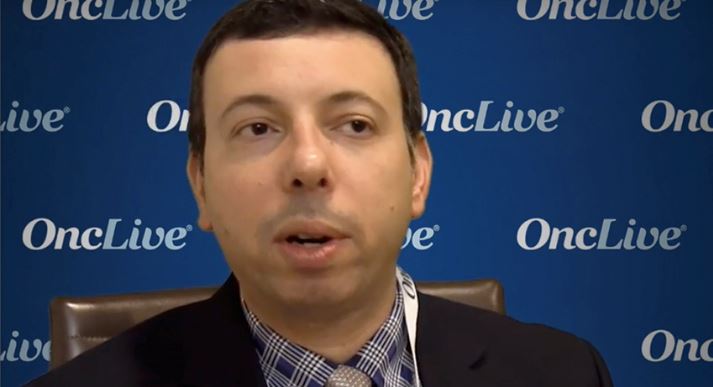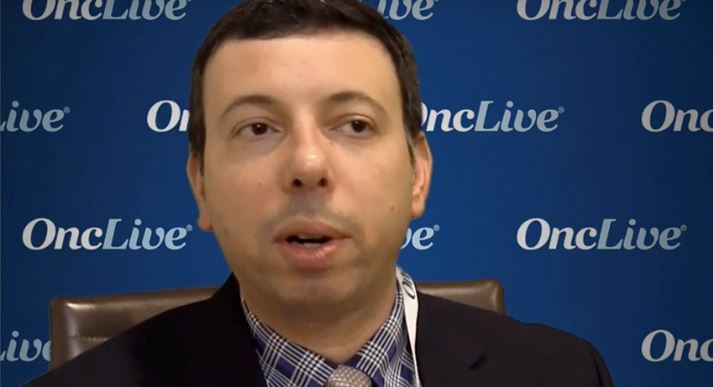
Heather Greene, a nurse practitioner at West Cancer Center, discusses common treatment-related toxicities in metastatic renal cell carcinoma (RCC). In terms of anti-VEGF tyrosine kinase inhibitors (TKIs), healthcare providers should be aware of potential diarrhea, hypertension, palmar-plantar erythrodysesthesia, as well as skin and hair depigmentation, says Greene. Patients who are receiving mTOR inhibitors should be… Read more »






